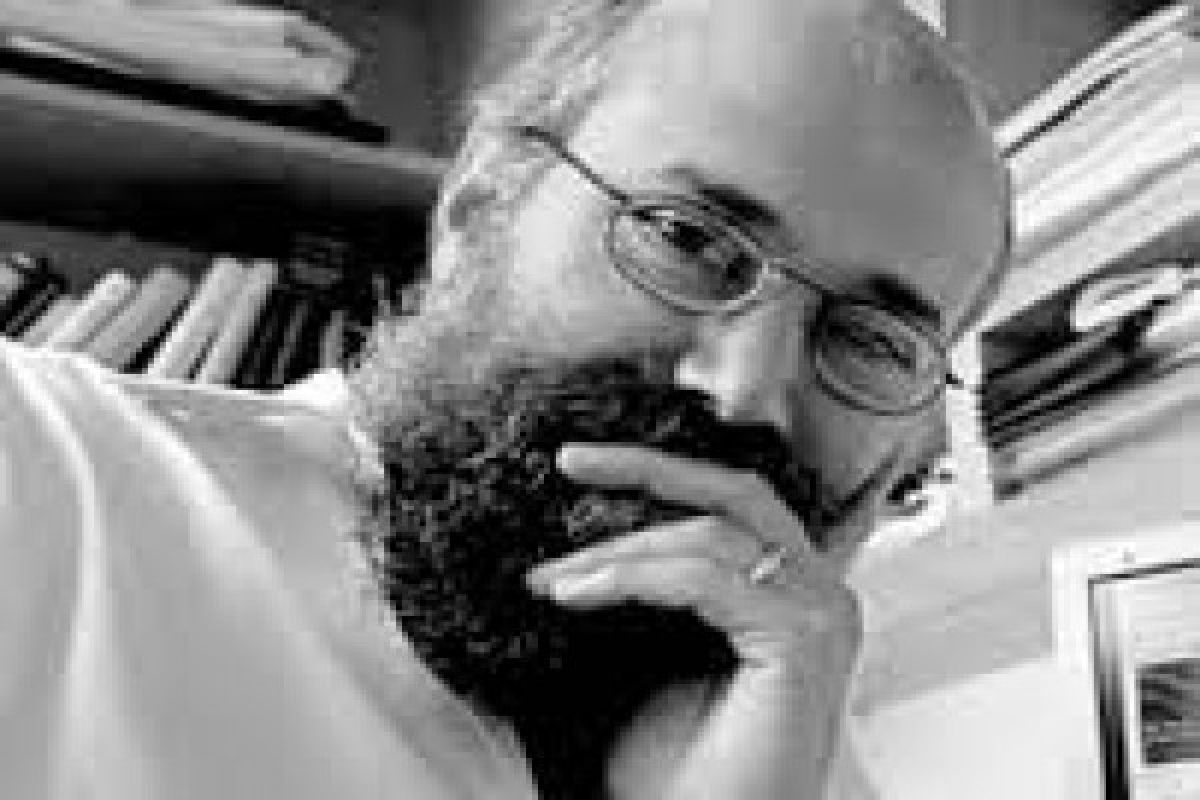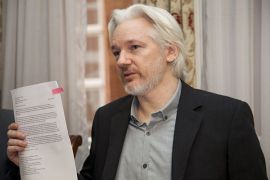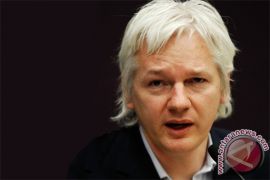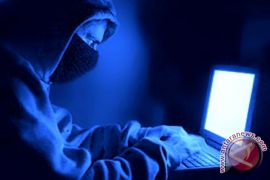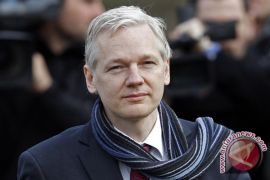But the model of some form of decentralized leaking..."Fort Meade, Md. (ANTARA News/Reuters) - WikiLeaks and its model of decentralized leaking of secrets is a high point in journalism history, a Harvard professor testified on Wednesday (July 10) at the court-martial of a U.S. soldier charged with passing secret documents to the website.
Testifying for the defense at the trial of Private First Class Bradley Manning, Harvard Law School professor Yochai Benkler said WikiLeaks had taken on a role that had always been played by investigative journalism.
WikiLeaks is "a clear distinct component of what in the history of journalism we see as high points, where journalists are able to come in and say, `Here`s a system operating in a way that is obscure to the public and now we`re able to shine the light,`" said Benkler, the co-director of the Berkman Center for Internet and Society.
Benkler, who has extensively studied WikiLeaks, said the website founded by Julian Assange might fail because of the fallout from the Manning case and its role in aiding Edward Snowden, the fugitive former U.S. spy agency contractor.
"But the model of some form of decentralized leaking, that is secure technologically and allows for collaboration among different media in different countries, that`s going to survive and somebody else will build it," he said under questioning by defense attorney David Coombs.
Manning, 25, is alleged to have leaked more than 700,000 classified files, combat videos and State Department cables to WikiLeaks while serving as an intelligence analyst in Iraq in 2009 and 2010.
WikiLeaks provided the materials in 2010 to traditional news outlets that included The New York Times, Britain`s Guardian and Germany`s Der Spiegel. The newspapers were able to vet the material and provide greater distribution for it, Benkler said.
Benkler is the 10th witness called by Coombs since the defense case started on Monday. Coombs has not divulged a customary list of witnesses, but Benkler could be the last called by the defense.
The 21 charges against Manning include espionage, computer fraud and, most seriously, aiding the enemy by disclosing material that could be used by the al Qaeda network.
Manning, a native of Crescent, Oklahoma, could face life in prison without parole if convicted of aiding the enemy.
Benkler said a 2008 Defense Department report showed that before Manning`s disclosure the U.S. military viewed WikiLeaks as a news gathering operation rather than a source of information for an enemy.
In other testimony, a specialist at the Center for Army Lessons Learned at Fort Leavenworth, Kansas, said in a sworn statement that the center had not recommended changes, such as in training or tactics, because of the WikiLeaks disclosures.
The center, which focuses on adapting operations to changing conditions, also had not been requested to do so, said the witness, whose name was not disclosed.
The defense has sought to portray Manning as a naive but well-intentioned soldier who wanted to show Americans the reality of war in Iraq and Afghanistan.
Defense lawyers also have contended that much of the material Manning is charged with leaking had been available from public sources before the WikiLeaks disclosure.
The prosecution rested last week after five weeks of testimony, some in closed session. The trial is scheduled to end by Aug. 23.
(Uu.B002)
Editor: Priyambodo RH
Copyright © ANTARA 2013
